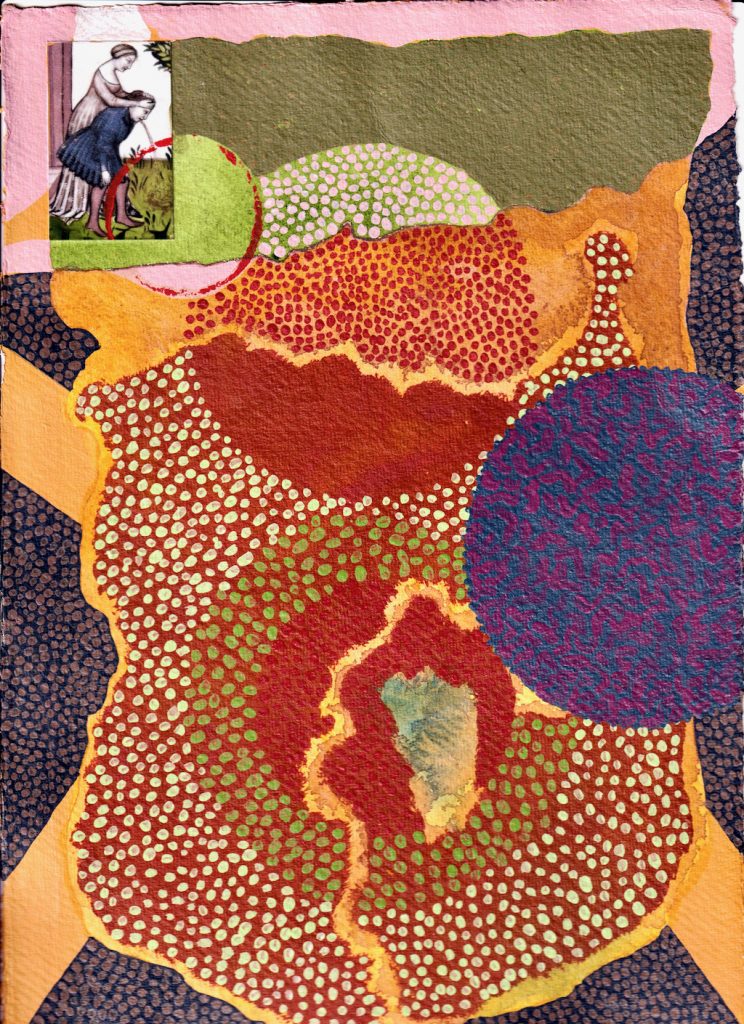
‘Why is it so hard to imagine a better world? How to avoid the nostalgic, how to move beyond the cute, how to free radical imagination’?
UB
One day when out walking with N., we spoke with a man who told us he’d recently lost both parents within sixteen months, then his partner through medical negligence. He was also struggling to get stone locally for his walling work since his supplier had suffered a brain aneurism. Perhaps a decade younger than us, a borrowed pedometer tells him he may walk eight miles a day while moving near ten ton of stone. The arthritis in his hands means he now wears pressure gloves but still retains a wry humour. This exchange takes place in the North Pennines, home to N.’s maternal ancestors, a place to which we’ve returned annually for almost forty years.
N.’s here-and-now there is saturated by the past of her maternal family. By knowing the names of fields, the dead who farmed them and where they lived, her recall of parts of the long litanies of work and grief that cling to the buildings that were their homes. Her grandmother’s neighbour, sent home early from school when an aunt’s son was killed terribly falling into machinery at the mine, saw him laid out on their kitchen table. (His mother later lost her mind to grief). A great uncle who disappeared in a sudden snowstorm while returning from market across the highest point of the moor. Another who was a champion Cumberland wrestler. Her grandfather’s singing, and later his dying. A weave of inheritances, successes acknowledged and shames hidden, running back for generations to fade into an elsewhere that, somehow, is peripherally present. It spills from the presence of the dead who haunt us, are indifferent to us, or comfort us.